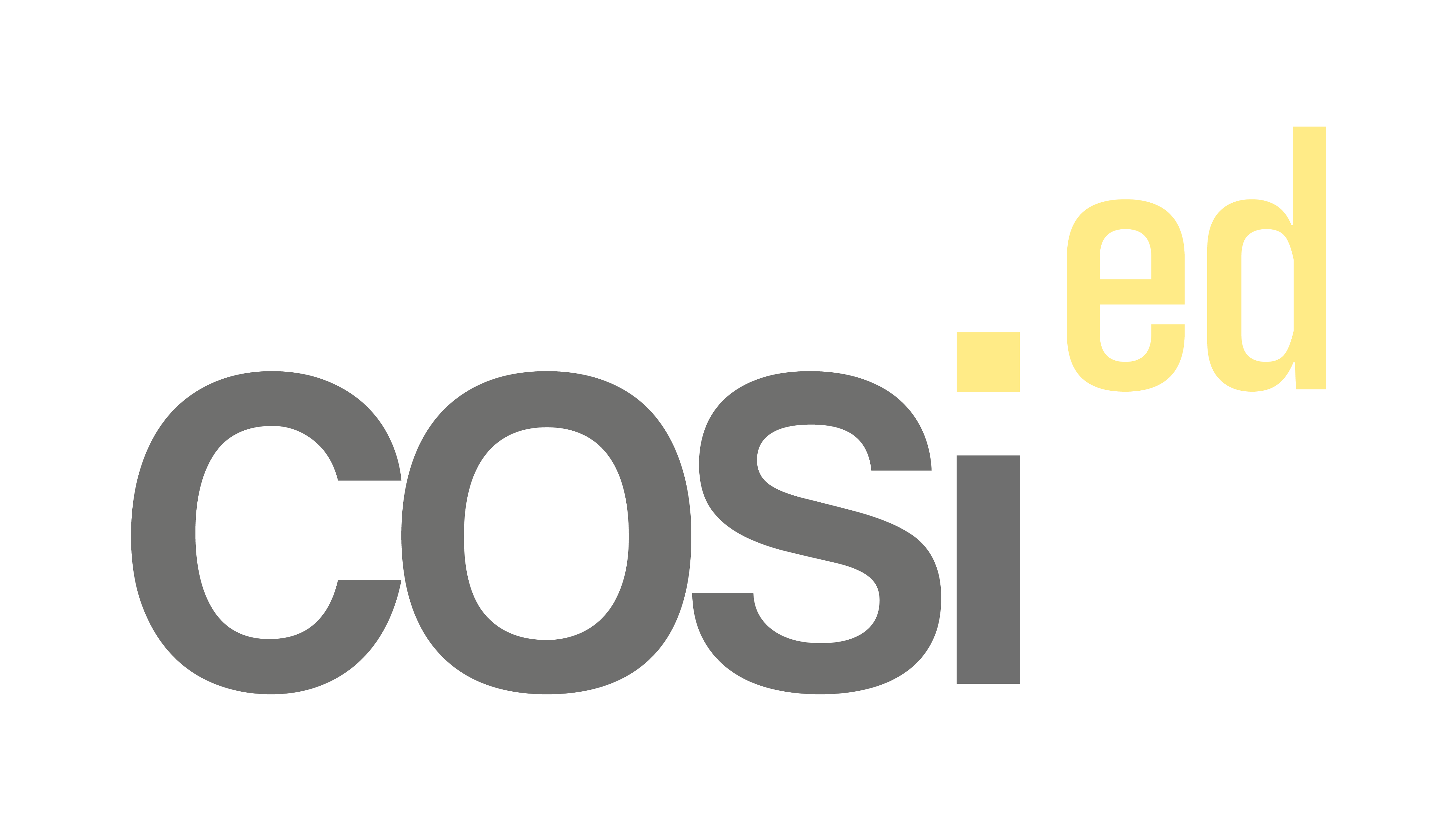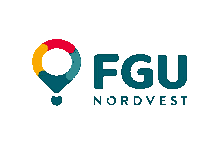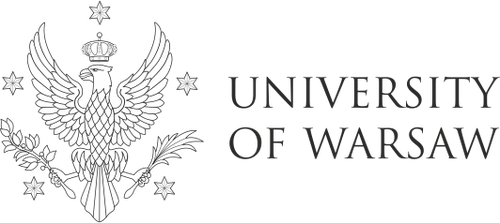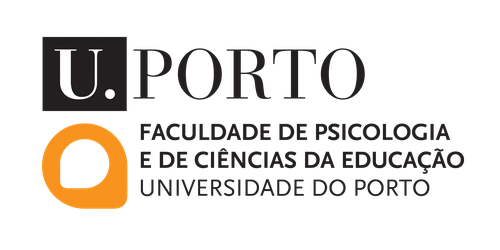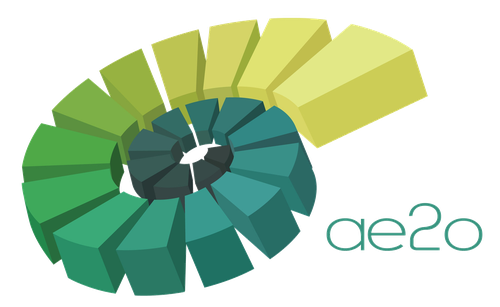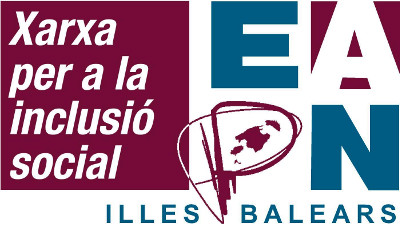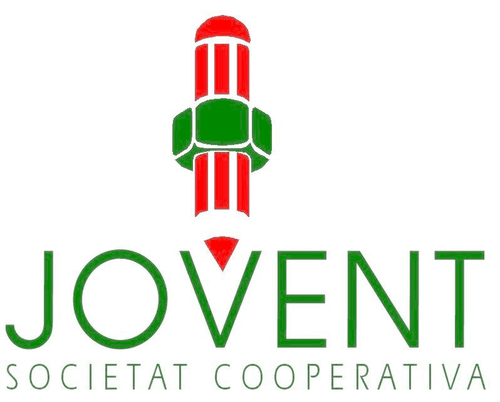Download results
Deliverables and toolkits

This document will guide the COSI.ed partners in disseminating project objectives and activities, ensuring visibility on a wide scale, raising awareness about the project topics and promoting the exploitation of the project’s results. It intends to identify and involve project target groups and key stakeholders interested in the project results at local, regional, national and European level.
DownloadThe output 2.2 is focused on refining the COSI.ed model to fit diverse national and regional contexts, guided by initial MaCE-model training and collaborative feedback. Partners compared national and regional differences, leading to a preliminary framework for implementing MaCE-model principles. These insights laid a solid foundation for subsequent project phases, ensuring effective curriculum development and implementation strategies.
DownloadInitiating the development of preliminary regional COSI.ed model
DownloadThis output (03.1) describes the process of creating, on the basis of previous training carried out by MACE, material for learning and familiarisation on the fundamental pillars of the COSI.ed methodology for the professionals involved in its application. Several training sessions are established, referring to each of the pillars with a theoretical foundation and the development of the practical part for the application as a teaching and learning tool.
DownloadThis output (03.2) is based on the training, the interviews with the young people and also with the role models and on all the data obtained during the application of the methodology; in line with all the inputs provided through the regional CCG. Through the whole process a regional model has been created focusing on the characteristics and needs of each setting.
DownloadThis output describes the use of the Indirect Approach in the entities and institutions of the 5 countries in which the methodology has been implemented. It shows the target population and objectives, the implementation process, the results obtained and the proposals for improvement.
DownloadThis output (03.4) is based on the analysis of the work. The regional partners will meet and share the results of the work in their institutions. The results are shown on the basis of a video where the most outstanding experiences are collected. It will give a voice to the teaching professionals and the young people with whom they have worked. On the other hand, each country will present the most relevant data on the application of the COSI.ed methodology in their institutions.
DownloadThe output 3.5 is based in the follow up that the universities have done of the implementation of the project in the non-university partners. They have studied how the project has progressed, universities have observed and interviewed the role models when they have tried the model out. This has helped in adjusting the regional model and the WP4.
DownloadThis package of reports is an output (O4.1) created as part of work package 4 'Developing the European COSI.ed MODEL'. Its aim is to present the regional COSI.ed models developed in 5 countries. The development of models is linked to the implementation and adaptation of the MaCE model in selected institutions working with children and young people at risk of dropping out of the education system. The publication is based on an analysis of the model's implementation experience and a process of multi-stage reflection on its practical and theoretical implications by the national partners, which were subsequently compiled and described using a common tool (Regional model template).
DownloadToolkit COSI.ed Set of instruments for data collection and the impact measurement This toolkit is an output (O4.2) created as part of work package 4 'Developing the European COSI.ed MODEL'. Its aim is to present the set of instruments prepared and used for data collection and the impact measurement of the COSI.ed model during two implementation cycles in 6 different institutions in 5 project countries. A set of tools was developed to measure the impact of the regional models on the target groups in relation to the objectives established. The tools describe standardised data collection procedures and indicators, both qualitative (referred to as “soft” indicators) and quantitative (referred to as “hard” indicators).
DownloadThis report is a deliverable (O4.3) produced under Work Package 4, titled "Developing the European COSI.edu Model." Its primary goal is to evaluate the impact and effectiveness of the COSI.edu model on participants, including disadvantaged youth and educational staff, across seven implementing institutions in five European countries. The report encompasses a detailed analysis of the data gathered during the two cycles of the COSI.edu model's implementation.
DownloadThis leaflet is a short version for the dissemination of COSI.ed European Model
DownloadPrintable version of the COSI.ed Model
DownloadThis output reports the analysis of national and regional education and youth policies concerning social inclusion and inclusive education to foster discussion on how the COSI.ed model and policy recommendations can fit or contribute to follow goals of health and well-being, social cohesion, multiculturalism, and active citizenship foreseen in the existing policies. It includes a report and a brochure.
DownloadThis leaflet aims to highlight the key findings of national policy analysis, as well as key policy guidelines for social inclusion and inclusive education in Europe. The current policies from Denmark, Norway, Poland, Portugal and Spain were analysed, throughout documents (such as recommendations, conventions, declarations, legislation, and reports) from transnational, national and local organisations.
DownloadThis policy brief is intended at discovering the transformative power of inclusive education by highlighting innovative practices to prevent early leaving from education and training (ELET). Drawing from the rich experiences and insights of the COSI.ed project, we delve into fostering common values across five European countries, aimed at ensuring every young person has their place in society, especially those in conditions of vulnerability and at risk of school disengagement. At the heart of COSI.ed lies the assumption that co-created education and training empowers young people, increasing their educational and social inclusion as a result. Based on the vibrant educational landscapes of Denmark, Norway, Poland, Portugal, and Spain, COSI.ed charts pathways towards inclusivity, fostering collaboration among diverse stakeholders (young people, teachers, trainers, broader community) to uplift learners in conditions of inequality. Through co-created approaches, the project challenges traditional power dynamics, amplifying voices of young people and educators both as informants and co-researchers. This policy brief explores opportunities and challenges in reducing power differentials between professionals in the field and young people, addressing the needs of young people aged 15-25, and creating social innovation within educational organisations (HEI and schools). Focused on scaling up promising practices, COSI.ed offers insights from national and local experiences, prioritising diversity and fostering dialogue among countries, policies, and practices.
DownloadDownload
This brief seeks to upscale successful practices and European common values, by exploring strategies to foster social innovation, inclusion, and equality within educational institutions. This effort ensures that young learners with disadvantaged backgrounds will find their place in education, training and/or work. This policy brief outlines effective strategies for promoting social inclusion and addressing early leaving from education and training across Europe, drawing on transformative insights from the COSI.ed project. Anchored in three key political/pedagogical dimensions—co-creation, indirect approach, and equality literacy—the project unveils pathways for cultivating shared values among partner countries Denmark, Norway, Poland, Portugal, and Spain. Central to COSI.ed is the principle that co-created education empowers young people, enhancing both their educational attainment and social inclusion. By leveraging the diverse educational landscapes of partner countries, COSI.ed fosters collaboration among a wide array of stakeholders, including teachers, trainers, and the broader community, reducing power imbalances between practitioners and learners. Additionally, the project aims to influence national and institutional social inclusion policies, extending its model and experiences to new target groups, contexts, and regions, with the ultimate goal of establishing a sustainable policy applicable across Europe.
DownloadThis is a short version for dissemination of Output 5.5
DownloadThis output is a compilation of presentacions in the COSI.ed final conference hold in Brussels in May 2024 which are related to the WPs and also with the perspective of the invited stakeholders.
DownloadThis output (2.1) contains the Online and In-Person Training for MaCE Model Implementation: Collaborative Sessions and Resource Development, done with all partners at the beginning of the project.
DownloadThis leaflet contains the main information about the project: definition, objectives and partnership.
DownloadThis document contains the information and planning of the project. Specifically, the application to the call EACEA/34/2019 Social inclusion and common values: the contribution in the field of education and training is attached in order to apply for project funding.
DownloadThe COSI.ed project is already published in CEDEFOP as a good practice. The information of our project is now part of the VET toolkit for tackling early leaving. Source of support to policy makers and education and training providers. You can find more information here: https://www.cedefop.europa.eu/en/tools/vet-toolkit-tackling-early-leaving/resources/co-created-education-through-social-inclusion-cosied
DownloadThis report documents the procedures, process, and results of the analysis of regional models, implemented in the five project Co-created Education through Social Inclusion (COSI.ed) countries, leading to the development of a transferable European model. It draws upon the findings and insights presented in the reports from each participating country.
DownloadThis document, produced by the USN, contains the material used to train the leaders for the development of the Competence Collaborative Groups in each of the countries where the project was implemented.
DownloadThe aim of this work package was to establish and run CCGs in each participating country. And to establish an international collaboration and discussion between the national CCGs. COSI.ed has a collaborative design with users participating in all its stages. The aim was to work synergistically with all stakeholders (young people, teachers, students, researchers and policy makers), in running, developing and evaluating the project. Each participating country established a CCG consistent of 2 young people, 1 HE student,1 policy maker, 1 teacher,1 researcher and 1 facilitator. The CCG builds on the PAR (Participatory Action Research) tradition and the participants in the CCGs worked together building on individual experiences and competences, to raise the experiential knowledge in the project. By involving both young people, students, professionals and policy level thru co-creational processes representatives of all stakeholders collaborated. The national CCGs contributed to identifying needs and planning the upscaling of the COSI.ed model in each country. The National CCGs provided feedback on the model, the revision of the model and provided recommendations for the final model. The CCGs contributed to evaluation and dissemination suitable in each country. The national CCGs contributed to the COSI.ed model being developed in line with the national contexts. Representatives from the national CCGs joined an international collaboration and met annually for three years. The international CCG discussed experiences of national differences and similarities of school systems. They brought the national experiences with the COSI.ed model up for discussion and contributed to the international development of the COSI.ed model and policy recommendations.
DownloadThis report contains the main actions carried out by the consortium that is part of the COSI. ed project as well as the impact of these actions at regional, national and European level. It also explains the changes made to the initial dissemination plan. The activities performed go beyond simple communication and dissemination, as the aim is to transfer the results, and the good practices generated to other geographical and educational contexts. From now on, we will start this transfer process in an intensive way.
DownloadSusbribe to our COSI.ed newsletter
Receive updates from COSI.ed project. No span. Promise


Project reference: 621365-EPP-1-2020-1-NO-EPPKA3-IPI-SOC-IN

